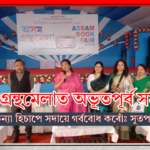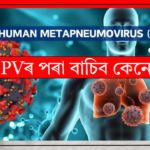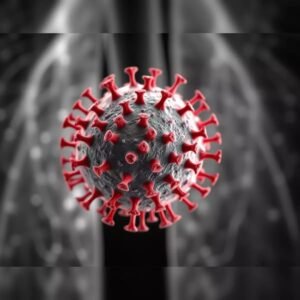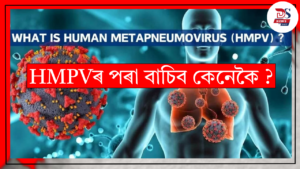Why Menstrual Hygiene Matters
Alright, let’s talk about something super important but often overlooked—menstrual hygiene. It’s not just a women’s issue; it’s a human issue. Breaking social taboos and understanding the health implications is crucial for everyone.
Breaking Social Taboos
Menstruation is a natural process, but for some reason, it’s still shrouded in mystery and stigma. Events like Menstrual Hygiene Day aim to break these social taboos. Imagine if talking about periods was as normal as discussing the weather. That’s the dream!
Health Implications
Poor menstrual hygiene can lead to serious health complications. Think infections, reproductive issues, and even a drop in professional efficiency. It’s essential to have access to proper menstrual hygiene management (MHM) practices.
The Event Details
On the eve of International Menstrual Hygiene Day, the Guwahati Police Commissionerate, in collaboration with the Assam Police Sishu Mitra Resource Centre (SMRC), took a significant step forward.
Organizers and Collaborators
This initiative wasn’t just about one department; it was a collaborative effort. The Guwahati Police Commissionerate and SMRC teamed up to ensure the event was a success.
Key Highlights
The program included interactive sessions, discussions on MHM practices, and a focus on creating a supportive environment for women police officers.
The Role of MHM Expert Swetangana Bhuyan Jha
Swetangana Bhuyan Jha, an MHM expert, played a pivotal role in the event.
Interactive Session Insights
Through her interactive session, she provided valuable insights into various MHM practices. She emphasized the need for a professional environment free from stigma, where women can discuss menstrual issues openly.
Creating a Stigma-Free Environment
Imagine a workplace where women don’t have to hide their menstrual products or feel embarrassed about their natural cycles. Jha’s session was all about fostering this kind of environment.
The Impact on Women Police Officers
Women police officers often face unique challenges in the field, especially regarding menstrual hygiene.
Professional Challenges
Access to MHM facilities can be tricky when you’re out in the field. This lack of access can lead to health issues, which in turn affects job performance.
Boosting Confidence and Mental Health
Proper MHM practices can significantly boost confidence and mental health. Knowing they have support and understanding can make a world of difference for women officers.
Conclusion
The menstrual hygiene awareness program by the Guwahati Police Commissionerate and SMRC is a step in the right direction. It’s about time we normalize conversations around menstruation and ensure every woman has access to proper menstrual hygiene.
FAQs
Why is Menstrual Hygiene Day important?
Menstrual Hygiene Day helps break social taboos and raises awareness about the importance of proper menstrual hygiene management.
How does poor menstrual hygiene affect women police officers?
It can lead to health issues, lower professional efficiency, and negatively impact confidence and mental health.
What can be done to improve menstrual hygiene in the workplace?
Providing access to menstrual hygiene products, creating a stigma-free environment, and offering educational programs can make a big difference.
Who organized the menstrual hygiene awareness program?
The Guwahati Police Commissionerate and the Assam Police Sishu Mitra Resource Centre (SMRC) organized the event.
How can I support menstrual hygiene awareness?
You can support by educating others, advocating for better facilities, and participating in or organizing awareness programs.














